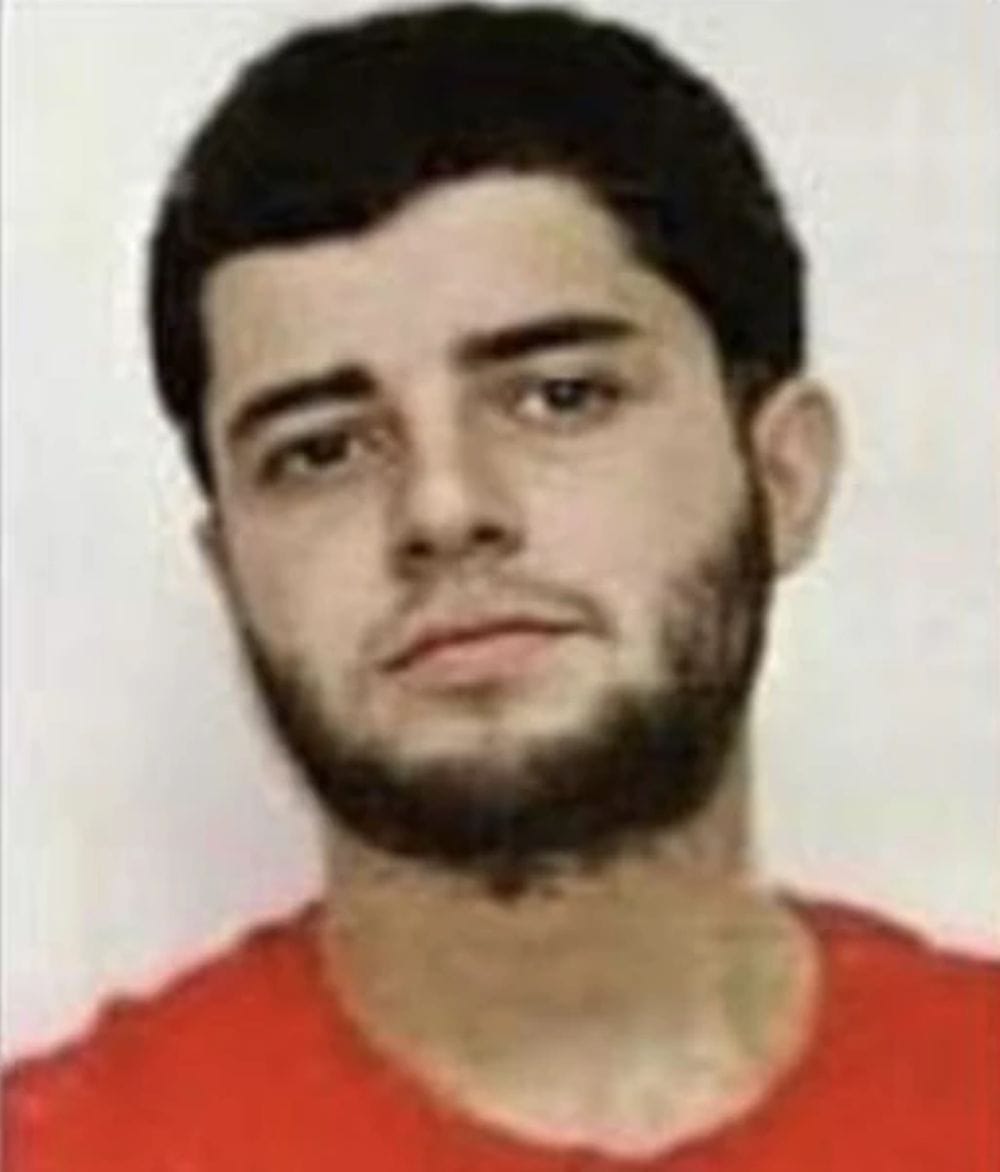How the Sinaloa Cartel's Finest Traded Cocaine for Cooperation
El Chapo's sons and their top enforcer are negotiating surrender deals with US authorities, marking a dramatic turn in the Sinaloa cartel saga. Ovidio, Joaquín, and El Nini seek plea agreements to avoid lengthy trials, while revealing the intricate web of drug trafficking, violence, and betrayal.

Right, let’s get one thing straight: when you think about the grandiose and murky world of Mexican drug cartels, your mind likely spins up something Hollywood could only hope to replicate. A network built on blood, bullets, and billions. But here we are, witnessing a scene where the criminals at the very heart of one of Mexico’s most fearsome cartels—the Sinaloa Cartel, no less—are apparently preparing to walk themselves straight into the arms of U.S. authorities.
And not just any henchmen or expendable foot soldiers; we’re talking about Los Chapitos themselves—Ovidio and Joaquín Guzmán López, sons of none other than the infamous Joaquín “El Chapo” Guzmán. Alongside them, there’s Néstor “El Nini” Pérez Salas, a former head of security for the brothers, now just as willing to bow to the long arm of the law.




